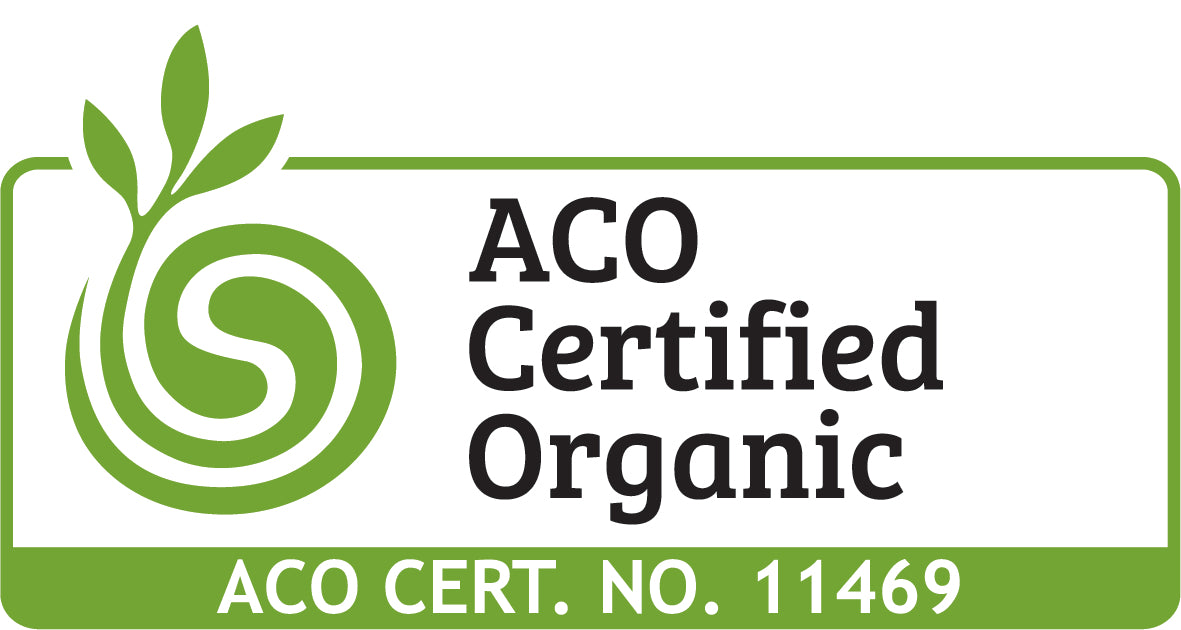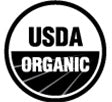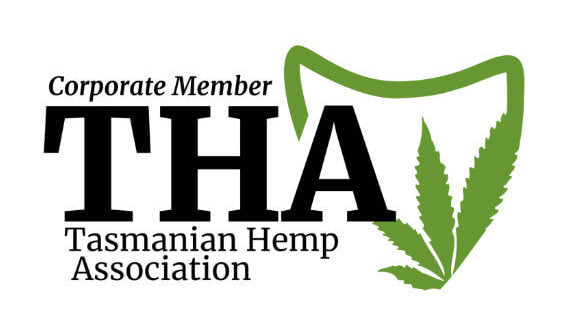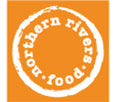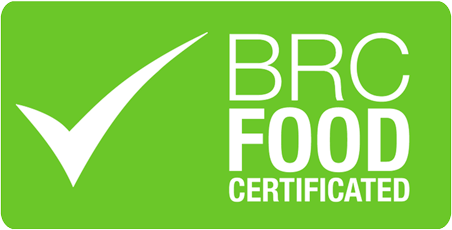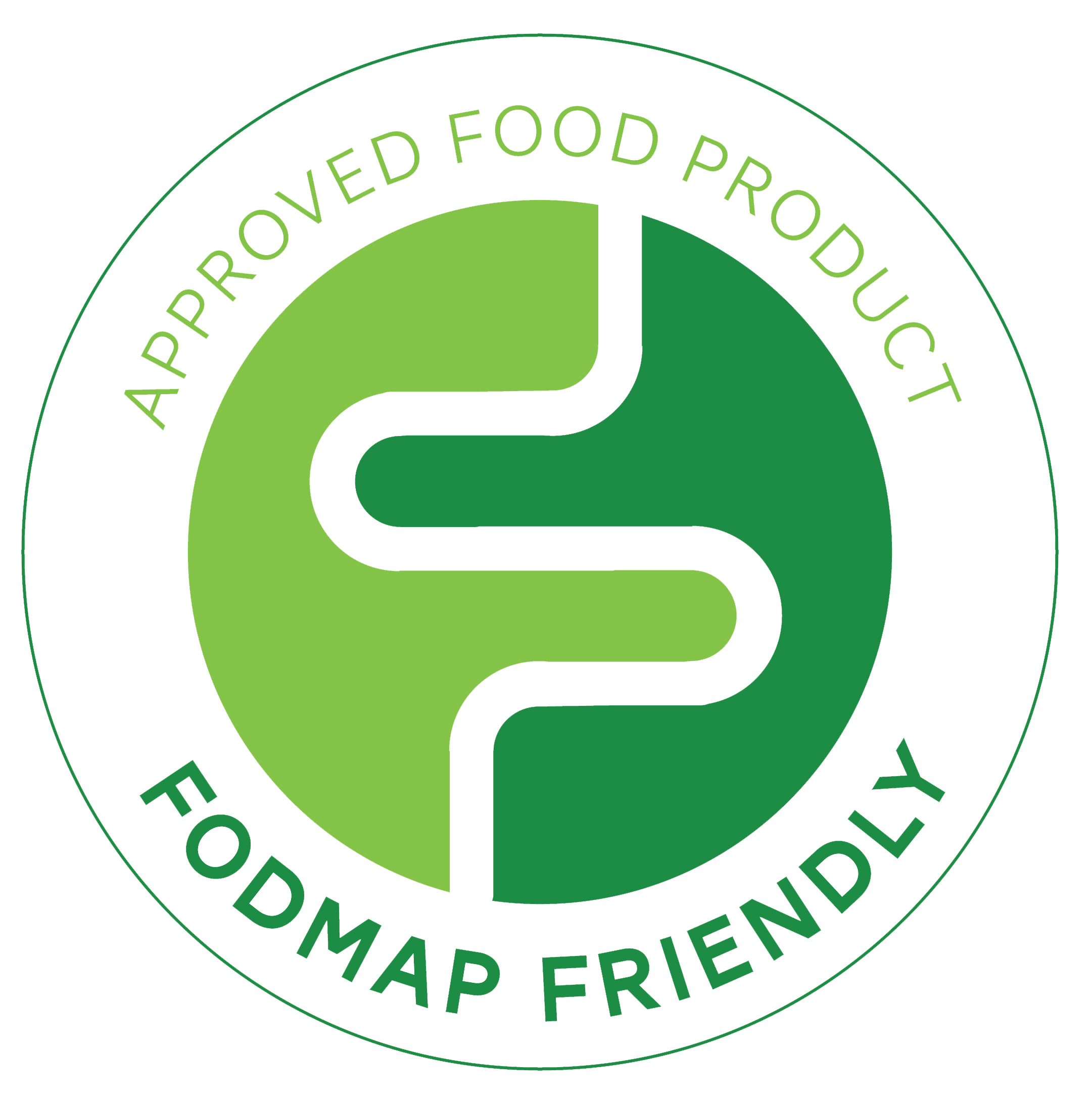Strictly speaking a protein 'isolate' is something that has been chemically treated to remove the carbohydrate content thus "isolating" the protein component. This is how Soy, Pea, Whey and Rice protein is made.
Whole Rice ordinarily contains a very small amount of protein - about 2%. In order to get Rice "Protein" which is around 80% protein they use enzymes to separate the carbohydrate from the protein. The original intention was not to produce protein but to produce concentrated rice syrup which is basically 100% sugar. You see this sweetener sold in health food shops and it is used in manufacturing various products. The protein is the leftover byproduct. Rather than paying to have it disposed in the garbage marketers were hired to turn it into a new income-generating commodity despite it's nutritional inadequacies.
The problem with that isolate is that it is no longer a 'whole food' - food that has had necessary digestive components removed is not necessarily good for you. It is difficult for your body to digest and may even cause harm.
Neither Rice, Soy, Pea or Whey proteins are whole foods - they are all true "isolates" that have had the protein component chemically separated from the remainder of the food.
Hemp is different. In 100g of Hemp Seeds you get approximately:
- 33g of protein
- 50g of oil
- 5g of fibre
- 5g of sugar
The remaining 11g consists of vitamins, minerals and water.
When you press Hemp Seeds to squeeze out the oil it is no different to taking a grape and squeezing it in your finger to remove some of the juice. The shrivelled grape left in your fingers is still a whole food that contains the original vitamins, minerals and enzymes necessary for digestion, only some of the water and sugar is now gone (dribbling down your arm).
If you were able to squeeze all 50g of oil out of the 100g of seeds, there would be 50g of dry seed "cake" remaining. That 50g of seed cake still contains the original 33g of protein along with the original vitamins, minerals and enzymes. 33g in 50g means the seed cake would be 66% protein.
There are currently no (natural, non-chemical) seed presses capable of removing 100% of the oil. After our seeds have had as much oil as possible squeezed out of them the dry cake is sifted to separate a small amount of fibre leaving only the fine powder - that powder is approximately 50% protein - with all the original vitamins, minerals and enzymes still intact along with most of the fibre.
It is a whole food that is easy to digest.
Compare that with the other protein powders mentioned above that contain no fibre, no enzymes, little if any vitamins and are high in sodium - it is a recipe for water-retention, bloating and indigestion. Not to mention the allergies that those protein sources are prone to with more than 90% of all the world's Soy being genetically modified.
Our Certified Organic Hemp Seeds and Protein powder not only contain zero sodium, they are also a good source of potassium which is important for a normal water-balance. You won't retain water, get bloated or get indigestion and in thousands of years of Hemp consumption, there have never been any reported cases of people being allergic to Hemp.



